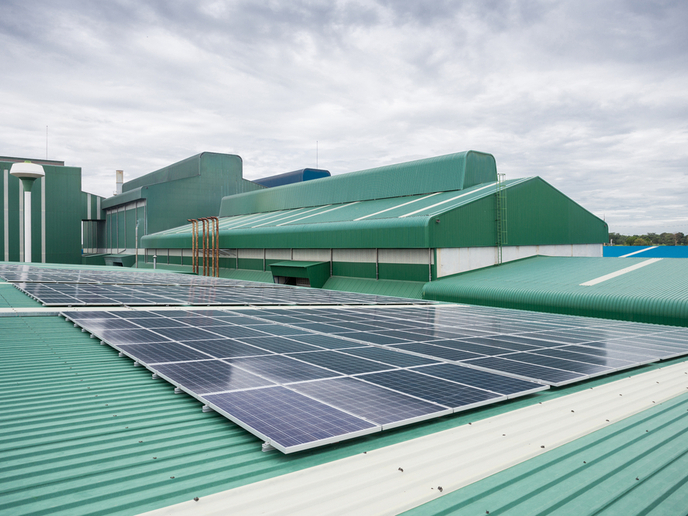Better policies for sustainable energy investments
With our planet’s ever-growing energy needs and their environmental consequences, the world needs to secure cheap energy while considering climate change. This requires coordination between national strategies on managing greenhouse emissions and international legal considerations, a topic which the EU-funded EPSEI (Evaluating Policies for Sustainable Energy Investments: towards an integrated approach on national and international stage) project investigated. The project studied conflicting regulatory strategies on climate change and energy security, focusing on how policy making of the nation-state integrates into the international legal system. It noted how the coexistence of national, regional and international decision-making levels can lead to inconsistency in policies. This implies a need for an integrative approach to bridge energy studies and environmental risks in a way that satisfies both national and global requirements. At the same time, the project team looked at sustainability in the context of foreign trade and the loss of European industry to cheaper production markets abroad. Fundamental trends in the European Union and the world at large provide an increasingly important policy agenda for financing sustainable energy in terms of energy efficiency, innovation in energy exploitation and development of renewable resources. The project found that looking at specific case studies in international trade deals, such as the conflict between trade and energy, the recent US-China case on wind studies, Canada-Feed-In Tariff Program and Canada-Renewable Energy, the OPEC and the WTO, sustainable energy investments, arbitration and negotiations issues, could reveal key insight on enhancing sustainable development and environmental-friendly technology transfer. Other areas and case studies which have been covered by the EPSEI project in a multidisciplinary perspective are Sustainable Energy and Environmental Protection: the Role of Science in Society, Sustainable Energy and Environmental Risk Analysis. The long-range forecasts for investments and energy market are determined by highly interconnected environmental, geological and technological research despite scientific differences in modelling the scenarios and interpreting the data. The medium-range forecasts for investments and energy market largely depend on geopolitical considerations and internal pressure by public opinion and stakeholders. States, firms and other actors play their game within the current legal framework at the international, regional and national level. Accordingly, the proper policy design for the sustainable energy needs to be complemented by research on the legal, regulatory and geopolitical side which has been implemented during the EPSEI project.







